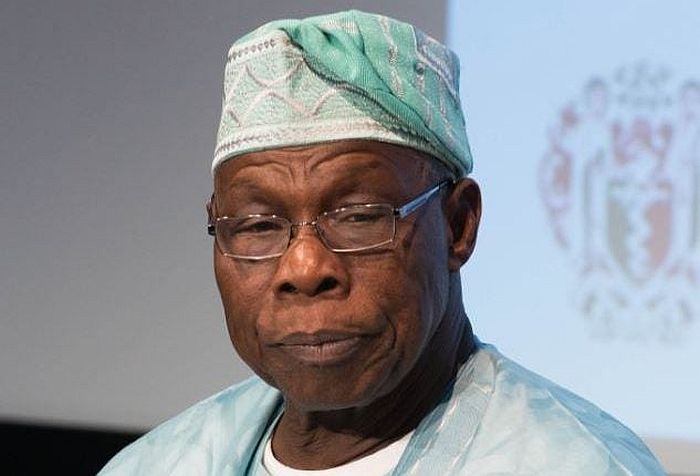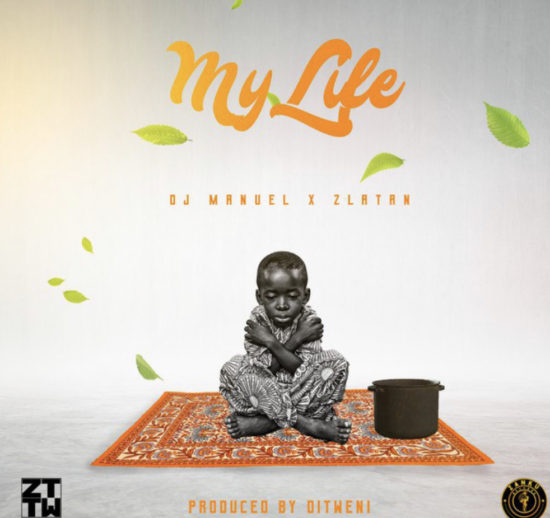80 Million Africans Could Be Pushed Into Extreme Poverty If – Ex-president Obasanjo Reveals
Posted by E.L.E.X on May 14 2020 under News


Former Nigeria President, Chief Olusegun Obasanjo, has warned that the African continent could suffer the most from the economic fall out of Coronavirus if measures aren’t taken towards boosting agriculture in the region.
As at Thursday morning, the African continent has suffered 72,391 cases of Coronavirus, of which there have been 2,493 deaths and 25,269 recoveries with Nigeria having 4,971 cases of the novel Coronavirus.
Obasanjo, alongside ex-Prime Minister of Ethiopia, Desalegn Boshe, has now detailed steps Africa must take if the continent is to survive post-Covid-19.
Giving the warning on Thursday during a publication on the International Fund for Agricultural Development’s website, Obasanjo and Boshe said,
“Africa has so far escaped the worst health consequences of the COVID-19 pandemic. However, the continent looks like it could be the worst hit from the economic fallout of the crisis:
“80 million Africans could be pushed into extreme poverty if action is not taken. And disruptions in food systems raise the prospect of more Africans falling into hunger.
“Rural people, many of whom work on small-scale farms, are particularly vulnerable to the impacts of the crisis. It is therefore vital that the COVID-19 response addresses food security and target the rural poor.
“Agriculture contributes 65 per cent of Africa’s employment and 75 per cent of its domestic trade. However, the rich potential of agriculture as a tool to promote food security and fight poverty is at risk from the effects of COVID-19.”
It added,
“The effect of restrictive measures on food trade is especially worrying, in particular for food-importing countries, but also because of the shrinking export markets for the continent’s farmers.
“African governments have defined stimulus measures to mitigate national and regional economic impacts of COVID-19. As they do, they must remember that investments in agriculture can be up to five times more poverty-reducing than investments in other sectors.
“Small farms everywhere traditionally make a huge contribution to global food security. Around the world, small-farm dominated systems produce 50 per cent of all food calories on 30 per cent of the world’s agricultural land. In sub-Saharan Africa, however, the role of small-scale farms is even more significant: 80 per cent of farms are small in most of these countries.”
Tweet
YOU MAY ALSO LIKE
Comments
Add Comment
All fields are required!






















































